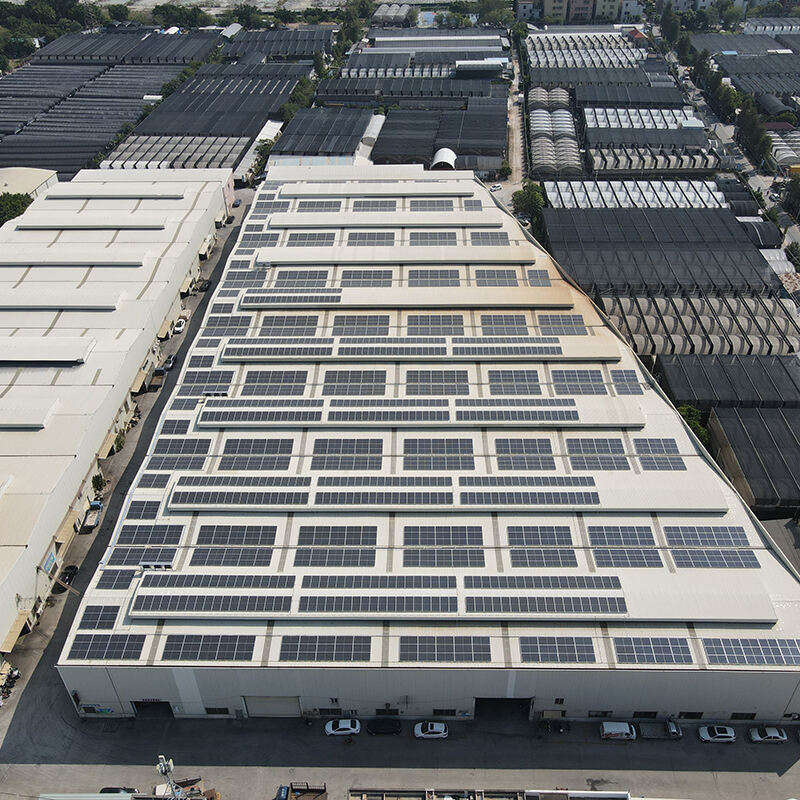As industries move toward sustainable energy solutions, solar power systems have become a key component of reducing carbon footprints and cutting energy costs. Designing a solar system for industrial applications requires careful consideration of several factors to ensure maximum efficiency and cost-effectiveness. Tronyan, a leading provider of industrial solar solutions, emphasizes the importance of thoughtful planning, system size, and technological integration in creating effective solar systems.

Understanding Energy Requirements
The first step in designing a solar system for an industrial facility is understanding the energy needs of the operation. This includes analyzing the facility's energy consumption patterns, peak usage times, and total load requirements. Tronyan works closely with industrial clients to conduct detailed energy audits, ensuring the solar system is tailored to meet specific demands. Accurate assessment helps determine the right system size and ensures optimal performance.
Choosing the Right Solar Technology
The choice of solar panels and components plays a significant role in the overall efficiency and longevity of the system. Tronyan offers a range of high-quality solar panels and inverters designed to maximize energy output while minimizing maintenance costs. It is essential to select the right technology based on the geographical location, available sunlight, and the specific energy needs of the industry. Tronyan ensures that each system is built with top-tier technology to deliver consistent performance over time.
Financial Considerations and ROI
Another key factor in designing solar systems for industries is the financial aspect. Industrial solar systems often involve significant initial investment, but they offer long-term savings through reduced energy costs. Tronyan provides detailed financial analysis to help businesses understand the return on investment (ROI), including incentives, rebates, and financing options that make the transition to solar more affordable. A well-designed solar system can offer substantial savings within a few years, making it a smart financial decision.
Integration with Existing Infrastructure
For industrial facilities, integrating a solar system into the existing infrastructure is crucial for seamless operation. Tronyan takes into account factors such as available roof space, building orientation, and electrical grid connectivity when designing solar solutions. This ensures that the system works in harmony with the existing energy setup, minimizing disruptions and maximizing efficiency.
Conclusion
Designing a solar system for industrial applications involves a comprehensive approach, considering energy needs, technology, financial factors, and integration with existing infrastructure. Tronyan is committed to providing high-performance, cost-effective solar solutions that help industries transition to cleaner energy while improving operational efficiency. By focusing on these key factors, businesses can achieve long-term sustainability and significant cost savings with solar power.
 Hot News
Hot News2024-04-25
2024-04-25
2024-04-25
2024-12-16

Copyright © 2024 by Guangdong Tronyan New Energy Co. Ltd. Privacy policy